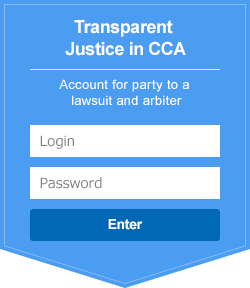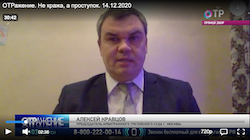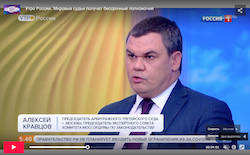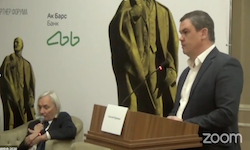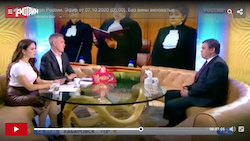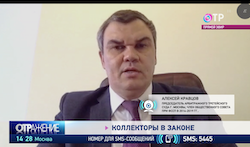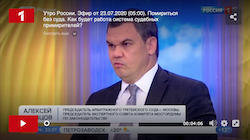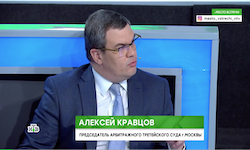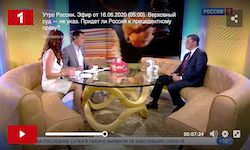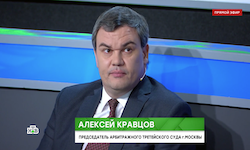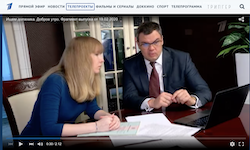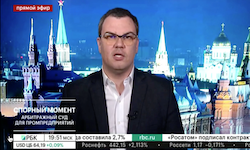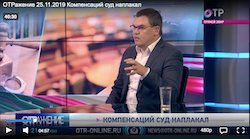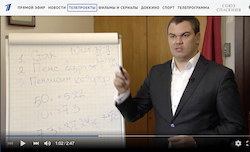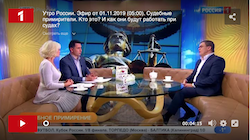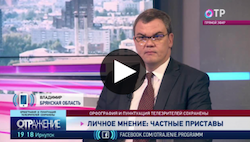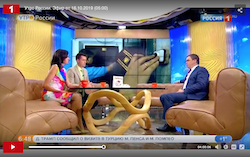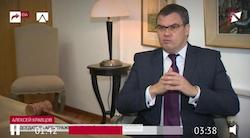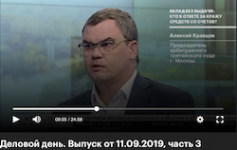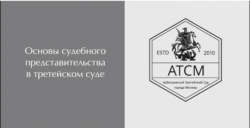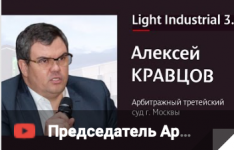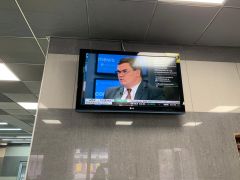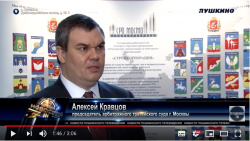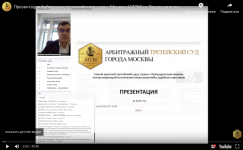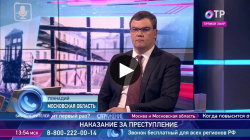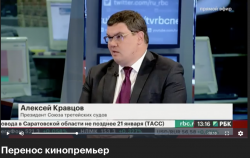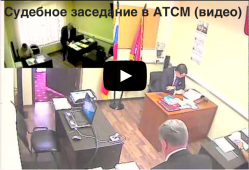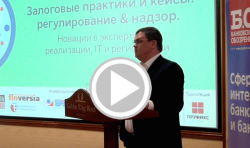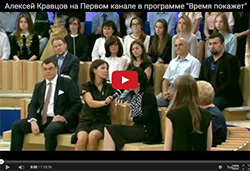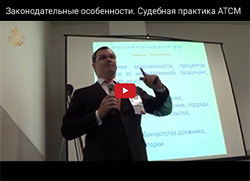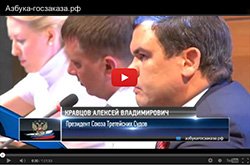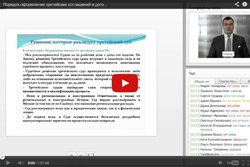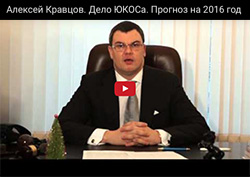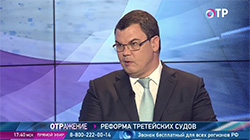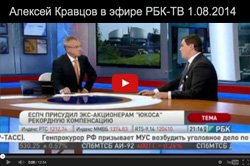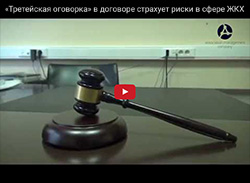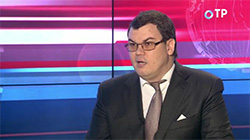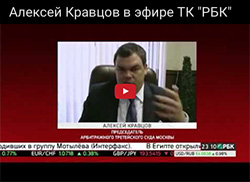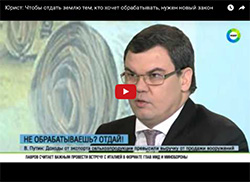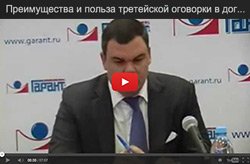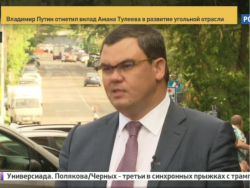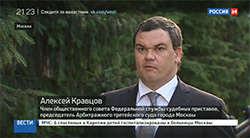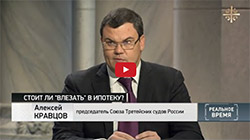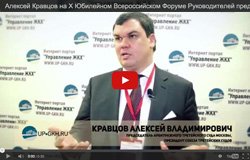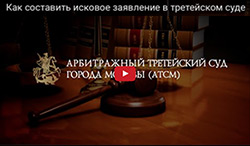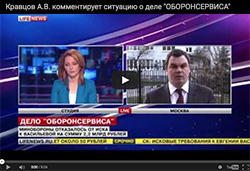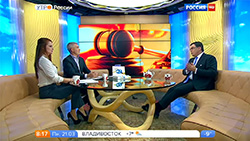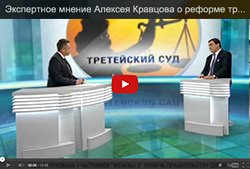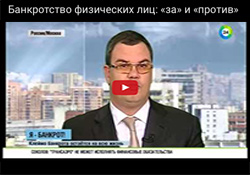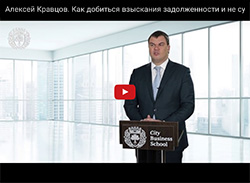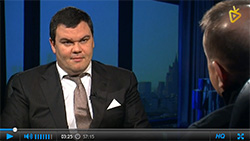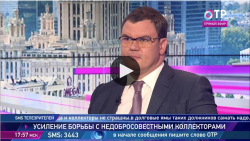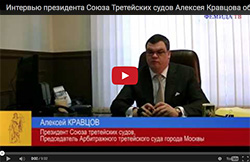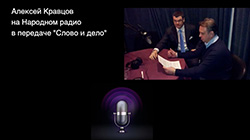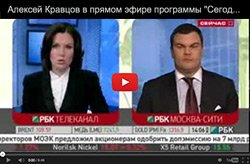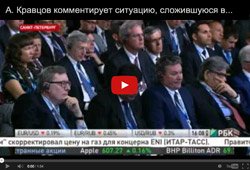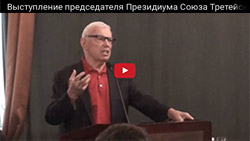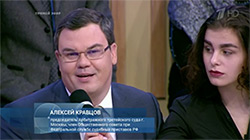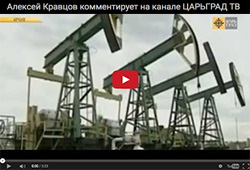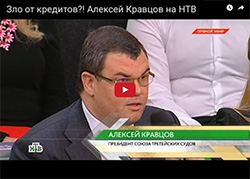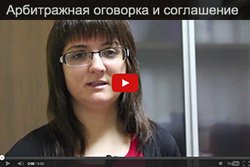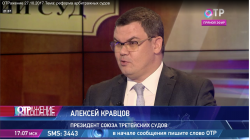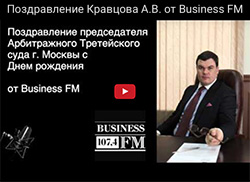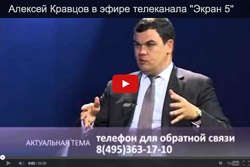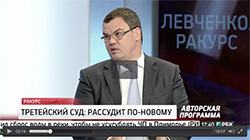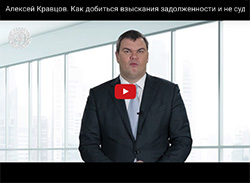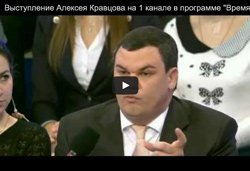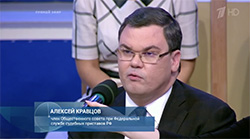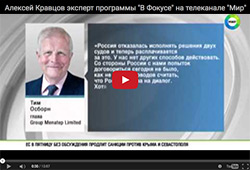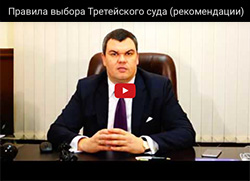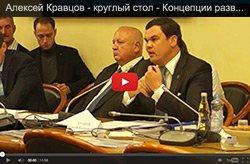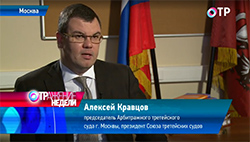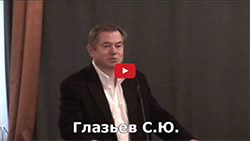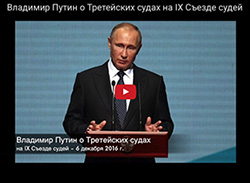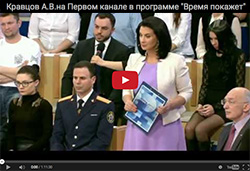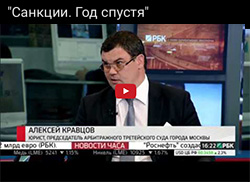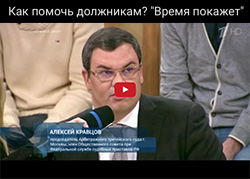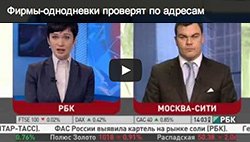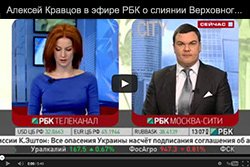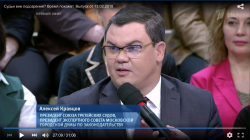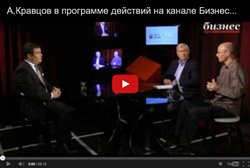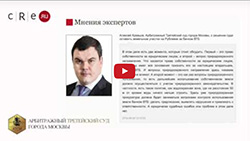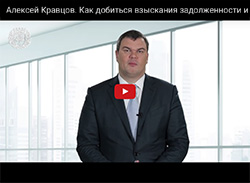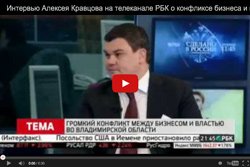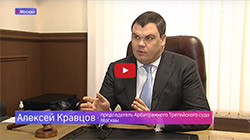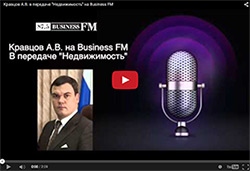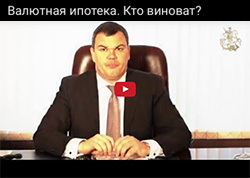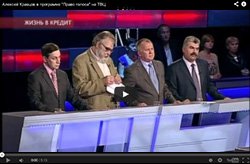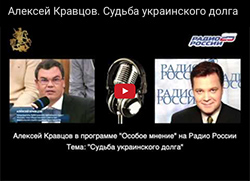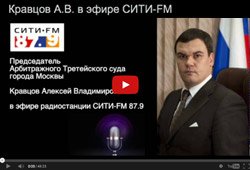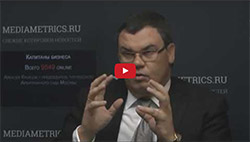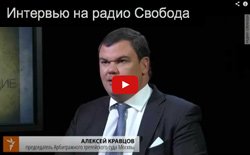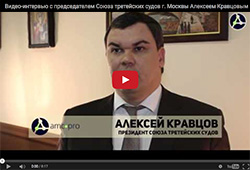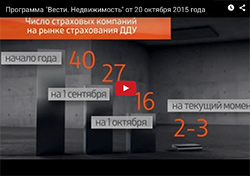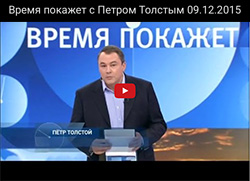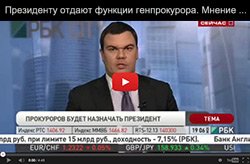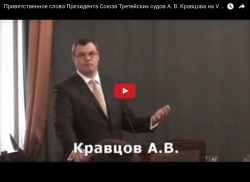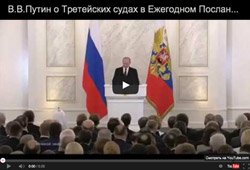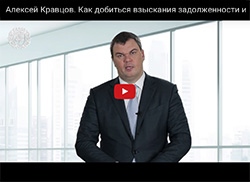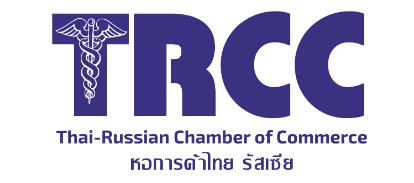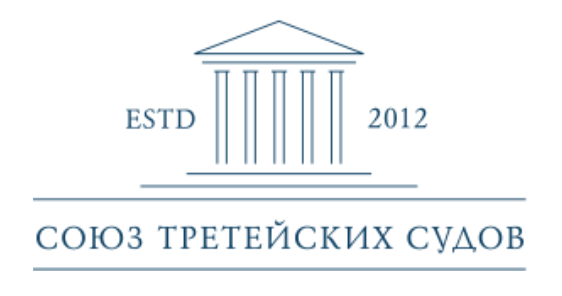Address: Marshal Zhukov Ul. 51, Moscow 123154, Metro Oktyabrskoye Pole
Here you can submit your claim and supporting documents online.
– Public affairs and media office
– Human resources department
ADVANTAGES OF OUR ARBITRATION
Fast processing of claims
A claim is processed on the 10th working day from the date of its filing. By law, the decision of the Arbitration Court comes into legal effect immediately and is not subject to appeal (anywhere else).State support in the enforcement of decisions
The state enforcement order is issued for the Court decisions in 30-50 days (against financial guarantees of the Court).Real debt collection
The court provides free-of-charge assistance in processing and filing executive documents to the debtor's bank or the bailiff service, with further monitoring of their execution until the return of debts. Organizing the work of collectors.Qualified and independent judges
Requirements to the judges - higher legal education and 5 years of work experience in a particular industry.
A judge is chosen by the parties of the Presidium, ensuring the independence of the process. Personal data of judges is completely closed.Assistance in preparation for court
Prior to filing a lawsuit the court provides free advice on procedural matters.Regional availability
The Court reviews the claims to regional and foreign Defendants in Moscow or via Skype.Financial cost-effectiveness
A single court deals with claims both to legal entities and natural persons. 10 times lower expenses than with a state court.- Official Arbitration Court for the Government of Moscow and Moscow region, members of Moscow Office of "Delovaya Rossya", the Association of Regional Banks of Russia, the Association of Moscow Investors, the Leasing Union, the Builders Association of Russia, the Association "Oboronstroy", 19 guilds, 38 SRO (self-regulating organizations of the construction complex.
Information about the court
The Moscow Court of Arbitration (ATSM) was formed in 2010 in accordance with the Европейской European Convention on International Commercial Arbitration and Федеральным закономAnd the RF Federal Law No 102-F3 of 24th July 2001 "Concerning Arbitration Courts in the RF". The court is analogous to London's International Arbitration Court and the Geneva Arbitrator's Court. Since 2011 the Court has been under the direction of the UNION OF ARBITRATION COURTTS OF RUSSIA. Responsibility for overseeing the work of the Court comes under the remit of the Ministry of Justice of the City of Moscow, and the Court Presidium, which is headed the former Prime-Minister of the Russian Federation, Mr V Chichkanov.
The Court is entirely independent. The founder of the Court – OOO RKTs Moscow Arbitration Court” is not part of any commercial company – in other words the Court is established by its own founder, Mr A Kravtsov, as can be confirmed from the Russian Public Register of Companies. The court's work is self-financing. The Court is similarly not a member of any kind of business association.
In accordance with Federal Law No 102-F3, the Court hears all kinds of commercial cases, and those brought by both companies and by private individuals. They should have in their Contracts a clause which stipulates the Moscow Court of Arbitration or some separate agreement with it. The Court's hearings are held in Moscow (for non-Muscovites, hearings by Skype are also possible). The Court also hears dispute cases which feature foreign companies or private individuals, following the jurisdiction which is indicated in the contracts and was chosen by the parties, including the choice of arbitration agreement. If no separate mention of jurisdiction is made, then the Court will hear the case according to Russian law.
The Court apparatus consists of assistants at state courts, who have exceptional practical experience of judicial case management and processes.
The Arbitration adjudicatorshave passed an intensive selection process and taken specific qualifying examinations. The biographies of the adjudicators are consistent with people whose job is to work with matters of law. The Qualifications Commission of the Court includes members of the Union of Arbitration Courts, the management of the ATSM, state courts, the Ministry of Justice, and also from major business associations. One requirement for the adjudicators is that they must hold at least five years experience in this sphere of the economy.
Judicial hearings
Hearings are held at a judicial hearing over 10 days. The judgment reached is binding and cannot be appealed. The ruling is issued immediately and in person. During the Court's six years of work, over 5000 cases have been heard.
Writs of Execution
The Moscow Court of Arbitration provides services which no other arbitration court in Russia offers – without charge (at the cost of the paid arbitration) and with its own financial guarantee enforces its own rulings within the territory of Russia, and internationally. The staff of the Moscow Court of Arbitration themselves receive the Writs of Execution in Russian courts (1 – 1.5 months) or overseas (2 months). To enable them to do this, they will require a submission and also a power of attorney sent to the Court to enable the documents to be released. In Russia state courts will issue the writ of execution on the basis of rulings of the arbitration court, provided it is issued within the recognised legal guidelines
If the Court does not receive the Writ of Execution, then the arbitration fees paid will be refunded. (see. 85 section.1 of the Regulations)
Enforcing court rulings using court bailiffs and banks
The Arbitration Court, for the paid arbitration fees, will also enforce its own judicial rulings using the Court Bailiff service and the debtor's own bank until the payments of the owed sum is made, or an Act is issued confirming that the debtor is unable to pay. The court provides collaboration with the Public Council of Federal Service of Court Bailiffs, and the Association of Veterans of Court Bailiffs.
In parallel with this, and by agree with the plaintiffs, our judicial rulings can be handed over to a Collection Agency (provided that their fee of 20-25% of the sum collected is agreed – and paid 'on result'). The Court collaborates with such organisations as the National Association of Professional Collection Agencies (NAPKA), The Association of Corporate CollectorsКорпоративного Коллекторства, The National Debt-Collection Agency (NSV) and many others
The Moscow Court of Arbitration maintains ties with international arbitration courts. We share experience and judicial practice. The President of the Moscow Court of Arbitration, Mr Alexei Kravtsov is himself an arbitrator in the Arbitration Court of Milan. The Court maintains professional contacts with courts in Amsterdam, the Permanent Court of Arbitration in The Hague, and the Arbitration Institute of the Stockholm Chamber of Commerce.
The Moscow Court of Arbitration maintains subagent relationships with nearly one in four of Russia's most well-known corporations for the purposes of resolving issues of economic claims:
В Арбитражный третейский суд города Москвы для разрешения экономических исков с контрагентами уже обращается каждая четвертая известная организация в России:
- in the financial and credit sector of the economy (more than 150 banks, including AHML , Agricultural Bank, Bank of Moscow , Kredit Evropa Bank , Transcapital Bank . Bank " National Standard Bank " Anchor Bank, Bank " Zurich ", BMW Bank, the bank "Peresvet " Bank, "Solid" , " MEZHTRASTBANK " Bank " Express-credit " loans to SMEs Support Fund of Moscow, the Development Fund for Rural Credit Cooperatives , NP stock market " OPUFR " , the Association of Microfinance Institutions , etc)
- in the construction industry (The Association of Russian Builders,"Oboronstroi", Don-Stroy, Крост, GK Zhilishny Kapital, ZAO "MSM-5", ООО "UNR - 494", NP "KotloGazMontazhServis", SRO "RODOS", NP "ROSEKOPRO" and others), The Russian Guild of Bakers, The Guild of Marketeers, NP Moskovsky Neftyanoi Soyuz, the TSZh and ZhCK Associations
- State corporations. Our Court was the only one who in 2011 reached agreement with the Tender Committee of the Moscow Government and serves 60% of Moscow's state corporations (health care, sport, land resources,transport, procurators. administration and so on). To this number of organisations was added the number of state corporations in Moscow Region, and Federal Corporations of Russia including (The Russian Emergency Services Ministry,Roskomnadzor Rosstandart, Spetstroy Rossiy),
- Both private citizens and organisations make frequent use of claims asserting property rights to both real estate and land rights, concerning ownership share and investment construction. (see.Judicial practice).
President
Moscow Court of Arbitration
Mr Alexei Kratskov



